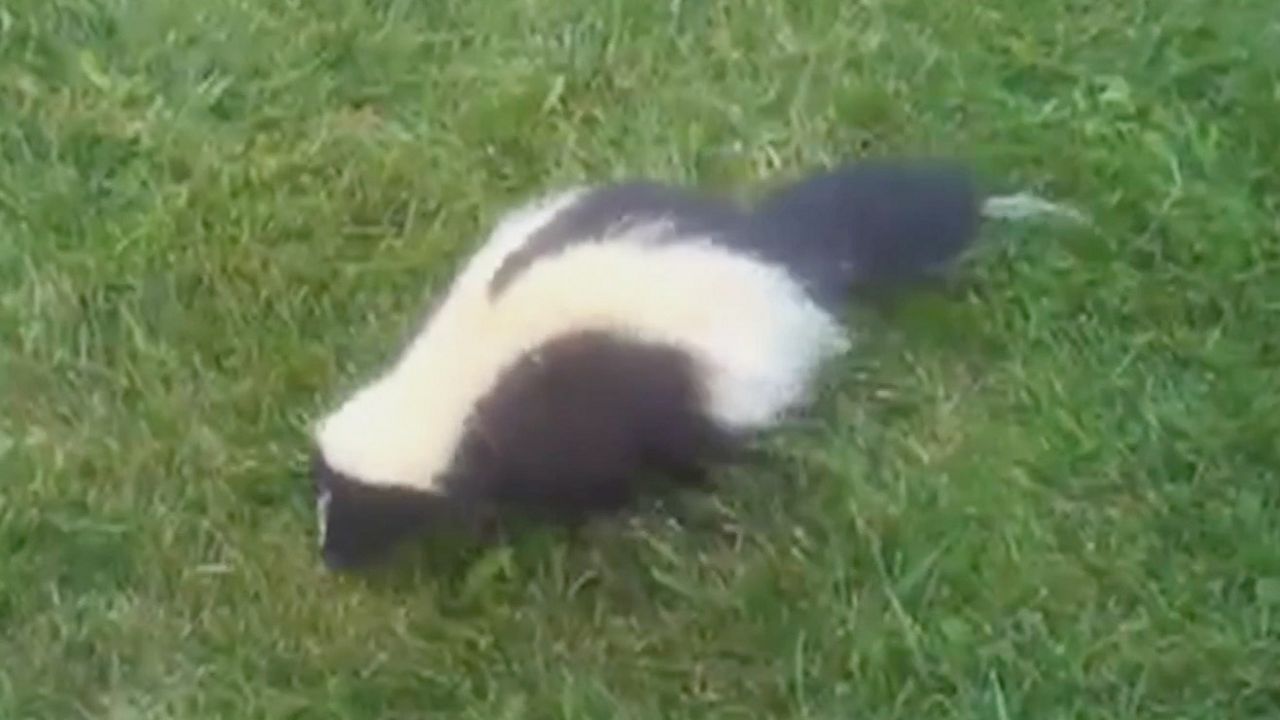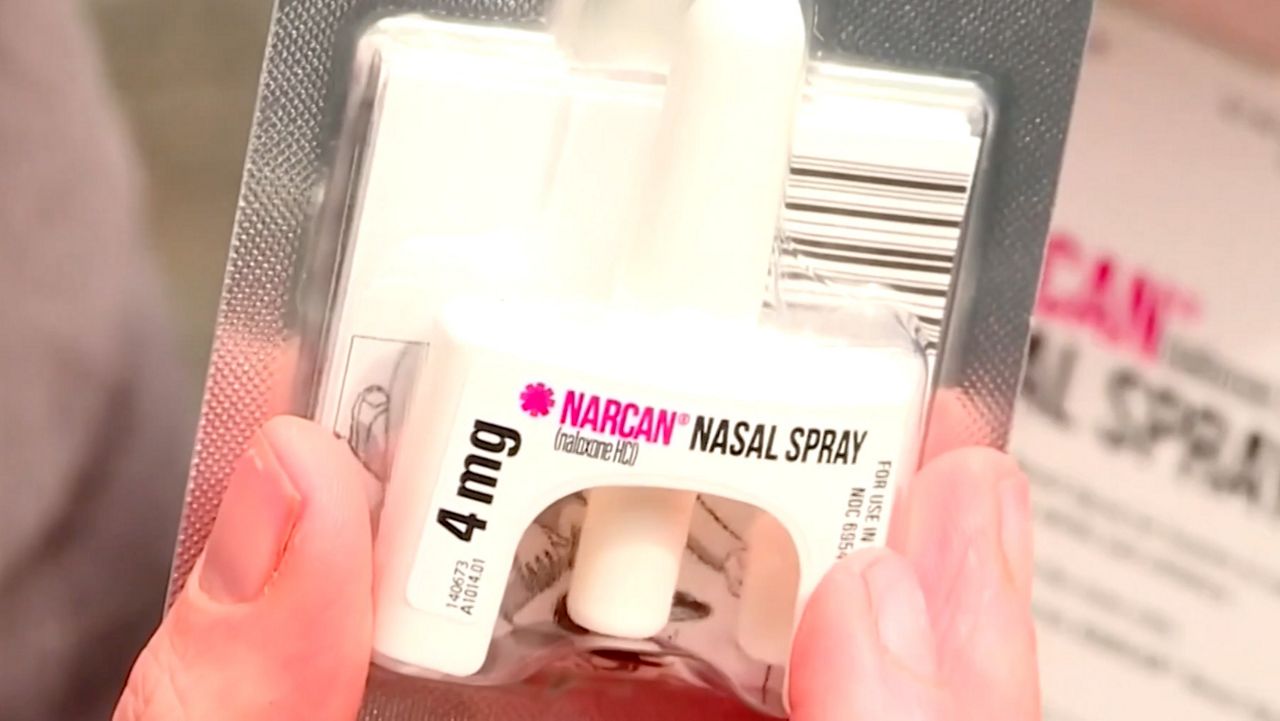With spring rapidly approaching, the Maine Department of Inland Fisheries and Wildlife are cautioning Mainers to pay attention to local wildlife to help prevent the spread of rabies.
So far this year, the Maine Center for Disease Control and Prevention has already confirmed 10 cases in animals, according to Tegwin Taylor, a wildlife health biologist with the wildlife department.
The disease, which is usually fatal to animals and can be fatal to humans if untreated, can be carried by woodland creatures such as foxes, raccoons, skunks and even bears, according to Taylor.
This time of year, Taylor said, it’s not uncommon to see woodland animals out and about, even in the middle of the day. What Mainers should watch for, she said, is unusual behavior. Most notably, she said, if animals are less skittish around humans than they should be.
“Most wildlife do not want to be around people, particularly if they are mentally normal,” she said. “They’ll be scared away by loud noises or yelling, that type of thing, but if they don’t run away from you, or if they come at you, and seem aggressive then you certainly want to be more concerned about those types of animals.”
Aside from vigilance, Taylor also suggested avoiding attracting wildlife. It’s particularly important, she said, to avoid leaving food where it can be found. Trash, she said, should be secured out of reach of animals. Also, she said, people should keep the area around items such as bird feeders clean.
“Essentially try to avoid any attractants that any wildlife would be interested in, particularly food items, and all that helps just keep the distance from wildlife,” she said. “While rabies is endemic – it’s always in the state really, there are things that you can do to avoid contact with wildlife and keeping your distance is really the best option.”
Anyone who sees wild animals behaving erratically should not call 911. Local police and animal control only respond to incidents involving domesticated animals, Taylor said. Instead, she said, people should call the Game Warden Service Dispatch Center in Augusta at 1-800-452-4664. People can also call the Maine Center for Disease Control and Prevention’s Disease Reporting and Consultation Line at 1-800-821-5821, TTY 207-287-8016.











